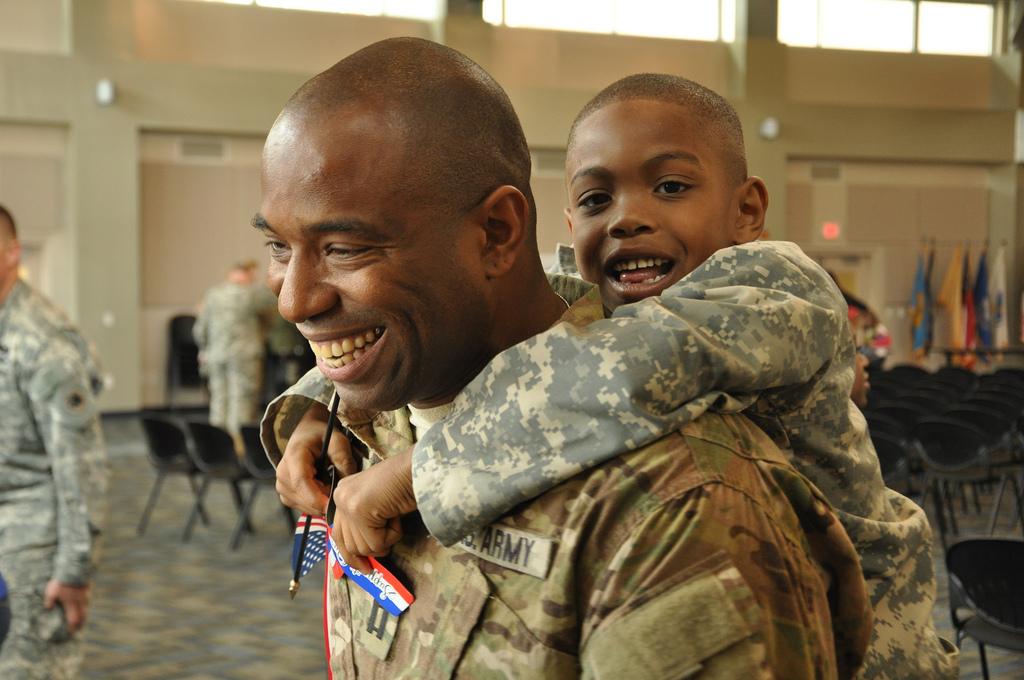On a hot Virginia afternoon in early September, I stepped outside the Happy Creek Coffee Shop to take a break from writing and my computer.
From where I stood, I could see a crew of workmen repairing a pothole on High Street, the driver of a Sysco truck delivering foodstuffs to a local restaurant, the bearded postman making his rounds, a policeman carrying coffee to his patrol car, and a young man on a moped delivering packages.






